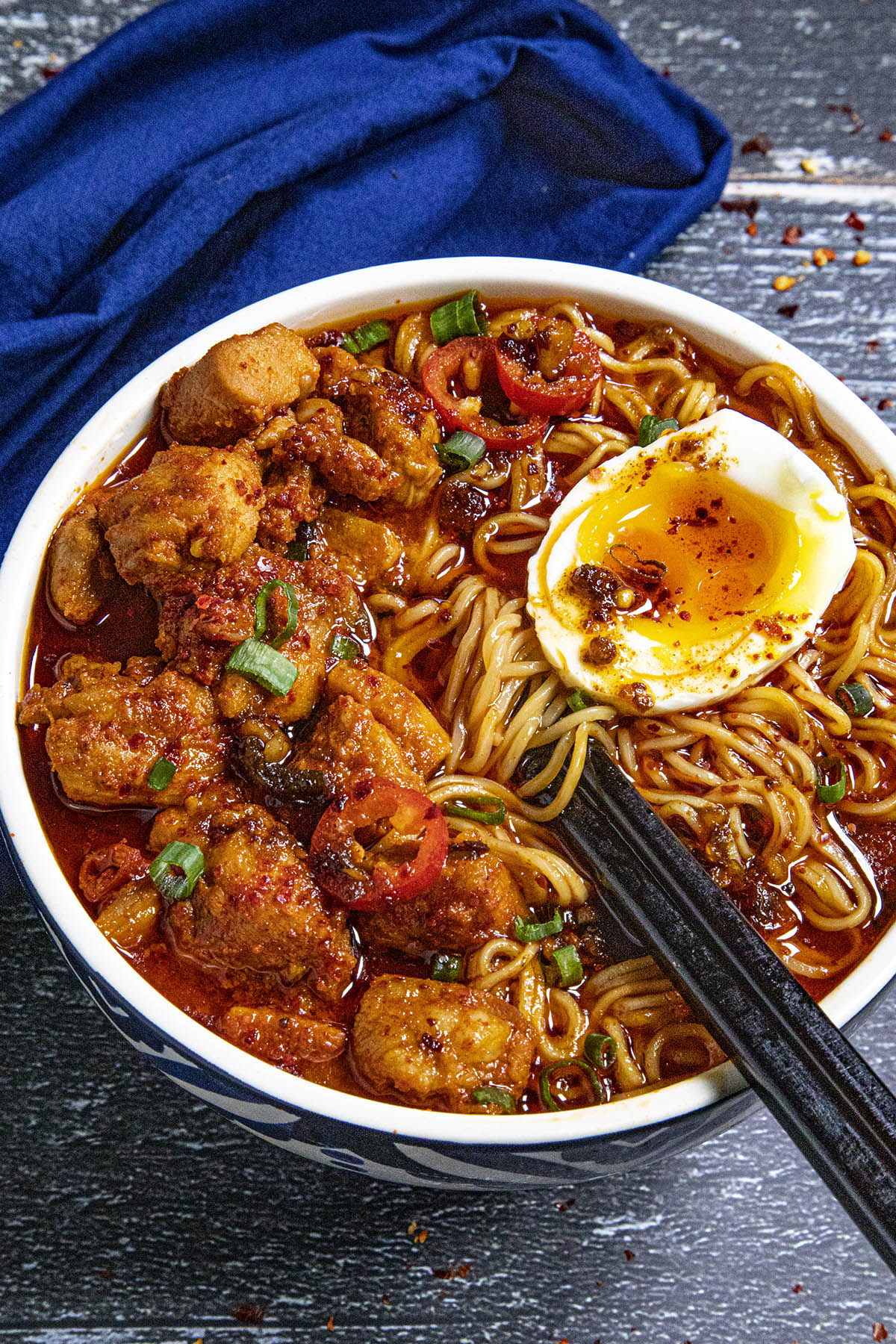Buldak Ramen Recall Listeria: What You Need To Know
The recent recall of Buldak Ramen due to listeria contamination has raised significant concerns among consumers. As one of the most popular instant noodles worldwide, Buldak Ramen is cherished for its spicy flavor and unique taste. However, this situation emphasizes the importance of food safety and the potential health risks associated with contaminated products. In this article, we will explore the details of the recall, the implications of listeria contamination, and what consumers should do to protect themselves.
In recent weeks, health officials announced a recall of several Buldak Ramen products after testing revealed the presence of listeria monocytogenes, a bacteria that can cause serious illness in humans. This recall has affected a wide range of consumers, particularly those who enjoy this popular brand. Understanding the risks associated with listeria and how to stay informed about food recalls is crucial for maintaining health and safety.
As we delve deeper into the topic, this article will provide an overview of what listeria is, the symptoms of listeriosis, and how consumers can stay updated on food recalls. We will also discuss the role of food safety regulations in preventing such incidents and highlight the importance of being vigilant when it comes to food consumption. Let's get started!
Table of Contents
- What is Listeria?
- Symptoms of Listeriosis
- Buldak Ramen Recall Details
- How to Protect Yourself
- Understanding Food Safety Regulations
- Consumer Responsibilities
- The Role of Health Agencies
- Conclusion
What is Listeria?
Listeria is a type of bacteria that can cause listeriosis, a serious infection primarily affecting pregnant women, newborns, the elderly, and individuals with weakened immune systems. Listeria can be found in various foods, particularly those that are unpasteurized or improperly handled. Common sources of listeria include:
- Raw vegetables
- Dairy products
- Processed meats
- Ready-to-eat foods
The bacteria can thrive in cold environments, making it a significant concern in refrigerated foods. Therefore, it is essential for consumers to be aware of potential sources of listeria in their diets.
Symptoms of Listeriosis
The symptoms of listeriosis can vary depending on the individual and their overall health. Common symptoms include:
- Fever
- Muscle aches
- Nausea
- Diarrhea
In severe cases, listeriosis can lead to meningitis or septicemia. Pregnant women are particularly vulnerable, as listeriosis can result in miscarriage, stillbirth, or severe illness in newborns. If you suspect you have consumed contaminated food, it is crucial to seek medical attention promptly.
Buldak Ramen Recall Details
The recall of Buldak Ramen was initiated after routine testing by health authorities indicated the presence of listeria monocytogenes in certain batches. The affected products include:
- Buldak Hot Chicken Flavor Ramen
- Buldak Cheese Flavor Ramen
- Buldak Carbonara Flavor Ramen
Consumers are advised to check their pantry for the affected products and discard them immediately. The recall notice also includes information on where to report any adverse health effects associated with consuming these products.
How to Protect Yourself
To protect yourself from foodborne illnesses such as listeriosis, consider the following tips:
- Always wash your hands before handling food.
- Cook food to the recommended temperatures.
- Keep raw and cooked foods separate.
- Store perishable items in the refrigerator promptly.
- Stay informed about food recalls and safety alerts.
Understanding Food Safety Regulations
Food safety regulations play a critical role in preventing foodborne illnesses. Government agencies such as the Food and Drug Administration (FDA) and the Centers for Disease Control and Prevention (CDC) monitor food production and safety standards. These agencies work to:
- Implement safety standards for food production.
- Conduct regular inspections of food facilities.
- Issue recalls when contamination is detected.
By enforcing these regulations, health agencies aim to protect consumers from potential health risks associated with contaminated food products.
Consumer Responsibilities
As consumers, it is our responsibility to stay informed and take necessary precautions when it comes to food safety. This includes:
- Regularly checking for food recalls.
- Reading labels for information on allergens and safety.
- Practicing safe food handling and storage.
By being proactive, consumers can help reduce the risk of foodborne illnesses in their households.
The Role of Health Agencies
Health agencies play a vital role in monitoring food safety and protecting public health. They are responsible for:
- Conducting research on foodborne pathogens.
- Providing education on food safety practices.
- Responding to outbreaks of foodborne illnesses.
By collaborating with food manufacturers and distributors, health agencies strive to ensure that food products are safe for consumption.
Conclusion
In conclusion, the recent Buldak Ramen recall due to listeria contamination serves as a reminder of the importance of food safety. Understanding listeria, its symptoms, and how to protect oneself from foodborne illnesses is crucial for maintaining health. As consumers, staying informed and vigilant can help mitigate the risks associated with contaminated food products. We encourage readers to share their thoughts in the comments, stay updated on food safety alerts, and explore more articles on our site for additional information.
Thank you for reading! We hope you found this article informative and helpful. Please visit us again for more insights on food safety and related topics.
Understanding The Ramon Noodle Recall: What You Need To Know
Ramen Noodle Recall: What You Need To Know About The CDC Advisory
Ramen Noodles Death 2024: Understanding The Risks And Safety Measures


